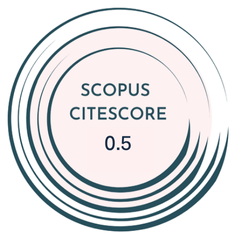Objective: Lymphedema is a condition seen in breast cancer patients after mastectomy and significantly affects the quality of life. Self-management strategies are important for preventing lymphedema and reducing its severity. This study aims to evaluate the self-care abilities of breast cancer-related lymphedema (BCRL) patients after surgery.
Methods: This study was conducted in a cross-sectional descriptive design. Study data were obtained from a single private hospital between August 2021 and May 2022. The study sample consisted of 53 patients who had undergone mastectomy in the last 2 years and were at risk of developing lymphedema. A socio-demographic data form and the Breast Cancer Related Lymphedema Self-Care Scale were used to collect data. The relationship between sociodemographic and clinical variables and the Breast Cancer Related Lymphedema Self-Care Scale was evaluated with Pearson and Spearman correlation tests.
Results: The mean score of the BCRL Self-Care Scale was 70.79 ± 13.49. 79.2% of patients reported consistently adhering to infection prevention measures, 37.7% performed recommended exercises regularly, and 56.6% did not wear compression garments daily. Younger patients showed better adherence to self-care in the Activity subscale (P < .05), and married individuals had higher Sustainability subscale scores. Chronic disease was associated with lower protection scores (P < .001).
Conclusion: Sociodemographic and clinical factors such as knowledge, marital status, and chronic illness significantly influence self-care practices. While infection prevention was strong, exercise and compression garment use were insufficient. Interventions focused on physical activity and pressure management are needed to improve lymphedema outcomes.
Cite this article as: Dizer B, Olgun Ş, Urgancı AU. Breast cancer-related lymphedema self-care practices: A cross-sectional descriptive study. Arch Health Sci Res. 2025, 12, 0165, doi: 10.5152/ArcHealthSciRes.2025.24165


.jpg)


